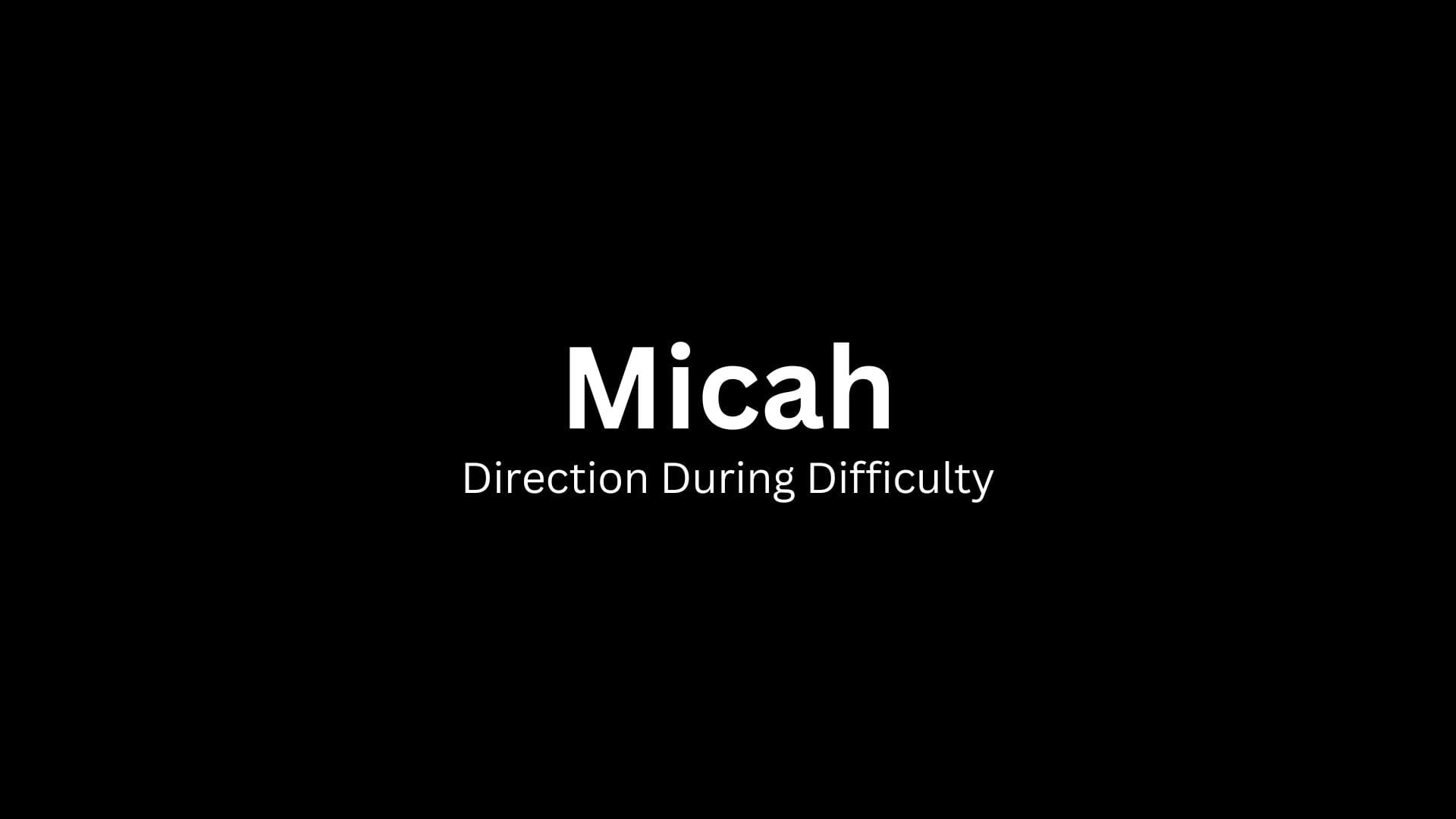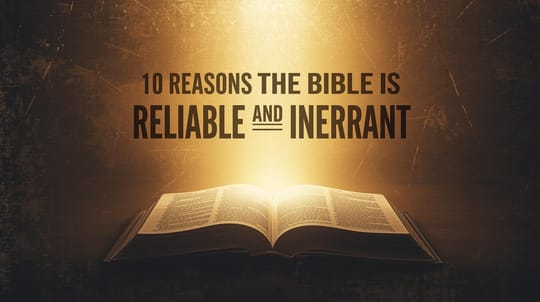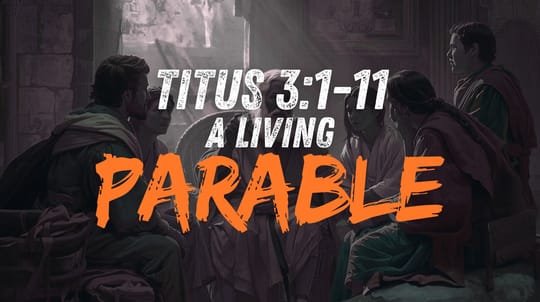Like a good detective, let's examine this book.
🔥 Overview
Micah was a prophet in Judah during the 8th century BC, ministering in a time of idolatry, social injustice, and corrupt leadership. His book alternates between judgment on sin and hope through God’s promises of restoration. Micah warns that God’s holiness demands justice, but He also promises a future Shepherd-King from Bethlehem who will bring peace and salvation. People today should study Micah because it calls us to live with integrity, reminds us of God’s heart for justice and mercy, and points us to the ultimate hope found in Jesus Christ.
🔍 Things to Notice
- The cycles of judgment and hope woven throughout the book.
- Condemnation of social injustice—oppression of the poor, corrupt leaders, false prophets.
- The Messianic prophecy in Micah 5:2 of a ruler to be born in Bethlehem.
- The famous summary of God’s requirements: justice, mercy, humility (Micah 6:8).
- The book closes with Micah’s name mirrored in his words: “Who is a God like you, who pardons sin?” (Micah 7:18).
🙏 Jesus in this Book
(Every book reveals the glory of God, displayed in Christ Jesus)
- Micah 5:2 prophesies that the Messiah will be born in Bethlehem—fulfilled in Jesus (Matthew 2:6).
- Jesus embodies the true Shepherd-King who rules with justice and peace (Micah 5:4–5; John 10:11).
- Jesus is the One who fulfills Micah 7:19, casting our sins into the depths of the sea.
👀 Themes
- God’s holiness and justice demand judgment.
- The dangers of corrupt leadership and empty religion.
- God’s heart for justice, mercy, and humility.
- Hope through the coming Messiah.
- God’s covenant faithfulness and forgiveness.
😀 Who?
Who wrote it? Micah of Moresheth, a prophet from a small town in Judah. His name means “Who is like Yahweh?”
🪧 Where?
Where are we? In the Southern Kingdom of Judah, though Micah also prophesies to the Northern Kingdom of Israel before its fall.
⏳ When?
When was it written?: Around 735–700 BC, during the reigns of Jotham, Ahaz, and Hezekiah (Micah 1:1).
🤔 What?
What is the big idea? God will judge sin and injustice, but He also promises salvation and restoration through His coming Shepherd-King.
🧐 Why?
Why is this book important? Micah reminds us that God takes sin seriously, especially oppression and hypocrisy in worship. It calls us to live faithfully by practicing justice, mercy, and humility. It anchors our hope in God’s covenant faithfulness and points us to Jesus Christ as the true King who brings lasting peace.
📝 How?
How can I apply it?
- Live out justice by treating others fairly and defending the vulnerable.
- Practice mercy by extending forgiveness and compassion to others.
- Walk humbly with God, keeping your heart tender before Him.
- Trust God’s promises even when judgment seems near.
- Fix your hope on Jesus, the Shepherd-King who brings peace.
Resources
- Bible Project: Micah Overview (Video)
- GotQuestions: Summary of Micah
- Blue Letter Bible: Micah Study Tools
- Ligonier Ministries: Overview of Micah
- Bible Gateway Plus: Commentaries on Micah









